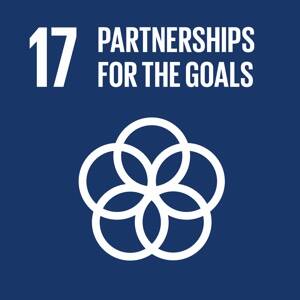
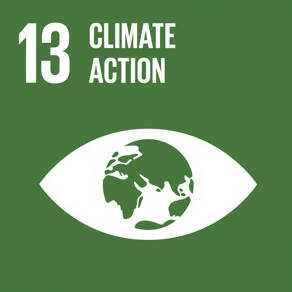
Sustainable production



LC Packaging’s most significant impact on the environment, society and economy occurs in our supply chain.




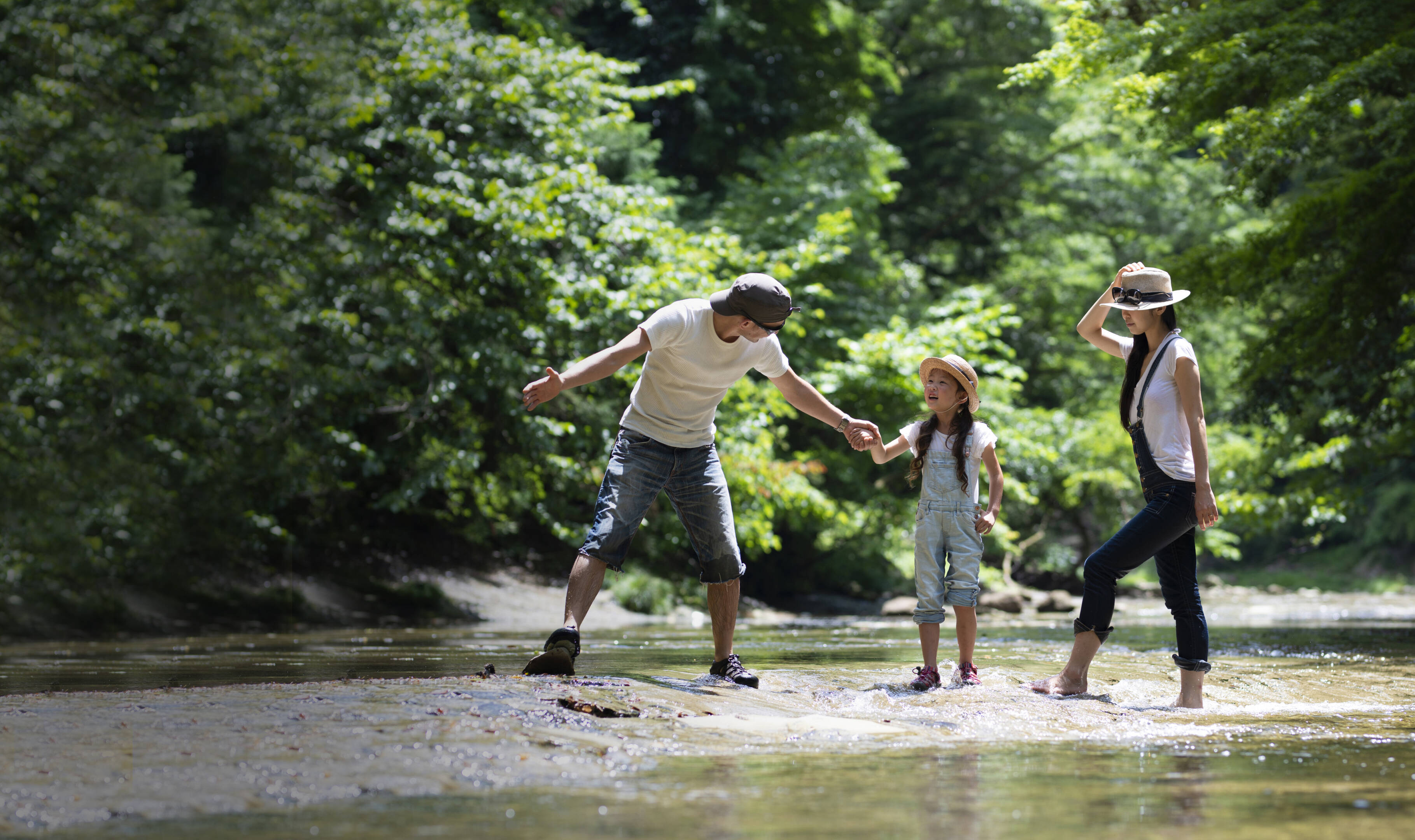
More data in our 2021 Environmental Report
Future ambitions
We have far-reaching ambitions in greening our production facilities, especially related to reducing energy consumption and greenhouse gas emissions to reduce the emissions and impact throughout the value chain. By 2030, the emissions related to DBPL must be reduced by at least 50% compared to baseline year 2021 and regardless of the growth of our business. For LCSH we aspire a net-zero status. Also, for the FIBCs (big bags) produced at these facilities we have set the goal to make these bags deliver the circular economy. A new, extensive lifecycle assessment has been conducted, a reuse service is in place and we have sold our first so-called rPP bags, including 30% recycled polypropylene (rPP).
A selection of the initiatives and actions we have taken to make our production processes more sustainable:
- Since 2017, we annually perform environmental footprint calculations for our FIBC production sites, based on water and electricity use, waste production and CO2 emissions.
- With support from the Dutch Development Bank (FMO) and the German Investment Corporation (DEG), in 2018 we have set-up GreenBangla; an on-site waste recycling initiative, recycling up to 80% of our process waste. This initiative was recognised in the Dutch UN Global Compact SDG Progress Report (page 46).
- Old machinery has been replaced with energy efficient machinery, and energy meters have been installed throughout the site.
- To ensure a more stable energy supply and to reduce CO2 emissions, DBPL has invested in generators that are more environmentally friendly compared to energy coming from the grid. Additionally, the first solar panels have been installed, generating about 15% of its requirement.
- The new DBPL factories built in 2019 and 2021 are made of prefabricated steel to reduce the use of concrete and bricks. The walls are painted with Zero-VOC paints, sensors are implemented to reduce water usage, and insulation materials have been used to reduce the amount of power required to ventilate the facility.
- In 2021, LCSH has moved from its old, non-sustainable building to a brand new building, including food safe LED lightning and natural ventilation via a “whirly bird“ system. All toilets are fed with rainwater that is harvested and stored in 20 water storage tanks. Diesel forklifts have been exchanged for electric forklifts, and the facility is getting prepared to run entirely on renewable energy in the near future.
- To reduce emissions related to the materials used in the FIBCs, we have been actively and successfully experimenting with recycled content material, made out of Post-consumer waste (PCW) and post-industrial waste (PIW);
- As part of LC Packaging International, both DBPL and LCSH have become a signatory of the Science Based Targets Initiative (SBTi) in November 2021 and have committed to the Business Ambition for 1.5C.
Initiatives and actions

Introducing Dutch-Bangla Pack
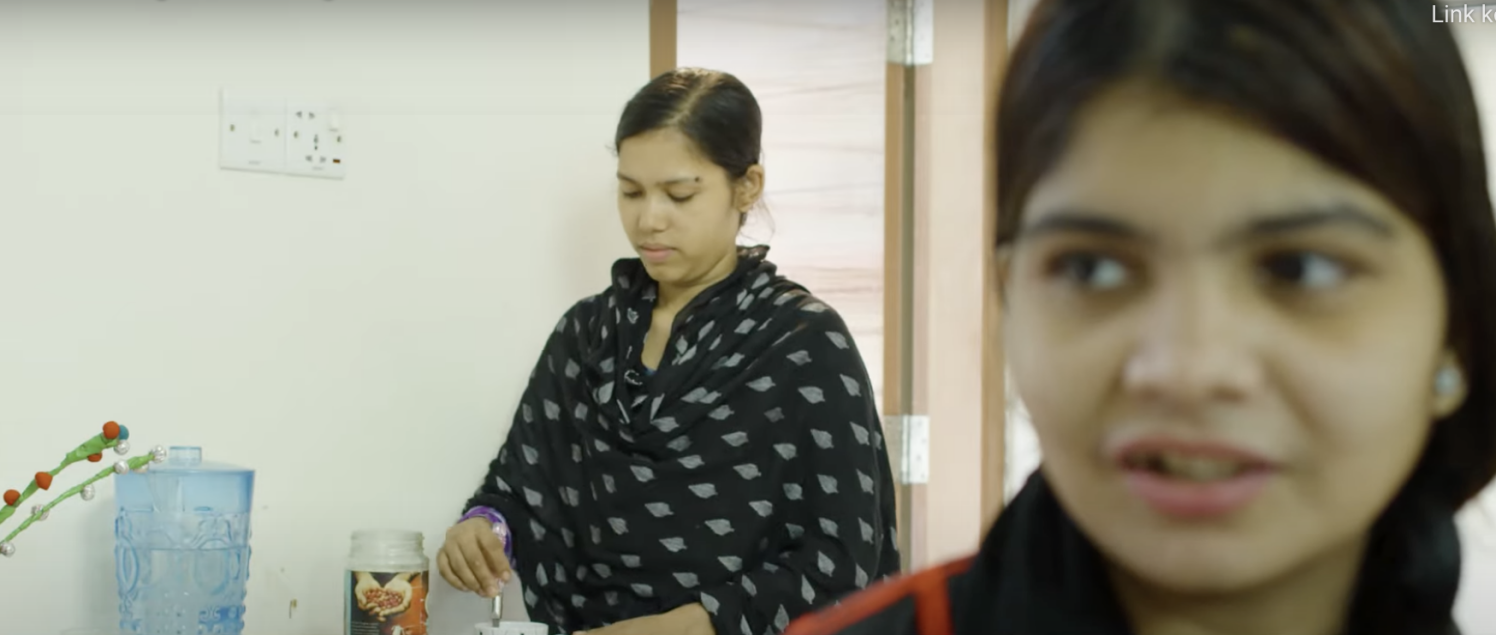
Sustainable production 2021: 103-1, 103-2, 103-3
Outcome
Measuring progress
Success is measured by two factors: 1) the outcomes of the environmental footprint research 2021, and 2) the number of sustainable initiatives implemented, and actions taken.
Baseline
To get a better picture of the sustainability of our FIBC manufacturing activities, in 2017 we have conducted our first research to analyse the environmental impact of our inputs and operations in our own production facilities in Bangladesh and in South Africa, as well as the impact of our FIBC products in general. The outcomes of this research have formed the baseline for our improvement activities.

achieved
50%

Target
By 2022, we will have undertaken important steps to significantly improve the sustainability of our in-house manufacturing activities.
Scroll down


Back to top
Overall many initiatives have been implemented and actions have been taken to green our operations (listed below), and with these initiatives a significant impact has been made. However, most initiatives taken cannot compete with the enormous extension of our production capacity in the past five years. At DBPL we have added two new factory buildings and LCSH has expanded its production lines and has added extra shifts. Additionally, our workforce has increased by 60%. Because of this, compared to 2016, we globally experience an increase in water consumption, energy use, and CO2 emissions. Compared to 2016, we have reduced our global absolute waste production by 72%, which is largely due to our GreenBangla waste recycling initiative at DBPL in Bangladesh. Additionally, by finding alternative energy sources, DBPL has decreased its CO2 emissions per FTE by 7%.
Investment in sustainable production is an investment in long-term growth. By improving the efficiency of our production processes and products, we want to contribute to sustainable development and green growth. This goal relates to our FIBC manufacturing sites in Bangladesh – Dutch-Bangla Pack Ltd. (DBPL) – and in South Africa; LC Shankar (LCSH).
Supply Chain
Sustainable production











Weight
/100
90
Labor and Human Rights






Weight
/100
80
Sustainable Procurement


Future ambitions
At LC Packaging we are increasing our environmental and social standards, and expect the same of our key production partners. Looking forward to 2030, we ask our partners to minimise emissions related to the production of our packaging with at least 50%. We are also increasing our wage standards from the legal minimum wage standards to living wage standards in order to eliminate ‘working poverty’ from our supply chain and improve the livelihoods of at least 15,000 families in developing countries. We expect to launch a new Version of our Supplier Code of Conduct by 2022. Read more about our ambitions in our 2030 Ambition magazine.
Initiatives and actions
A selection of our initiatives and actions to ensure sustainable sourcing in our supply chain:
- In 2019 we have launched a new Supplier Selection and Assessment process, which was set as an example by the United Nations Global Compact and KPMG during their webinar: Human Rights: Preparing Business for What is to Come (2020).
- We have replaced our Supplier Code of Conduct (ScoC) with a more ambitious version in 2019, raising the environmental and social standards.
- To measure supplier performance on Code of Conduct Principles, LC Packaging became member of Sedex in 2019. We have requested all key production partners to sign up and fill out the self-assessment questionnaire. If there is lack of proof of compliance with our SCoC, production partners are expected to perform a SMETA audit.
- LC Packaging employees working on procurement, product management and quality have been educated on integrating our ethical sourcing principles and values into our supplier selection process and buying practices.
- We have launched the online ‘sustainable procurement awareness training course’, which has been successfully completed by 86.3% of our employees.
- Annually, a socio-political and geo-location risk assessment is performed, including 100% of our suppliers’ operations, based on the Amfori-BSCI Countries’ Risk Classification and the WorldRiskReport. Additionally, supplier specific risk scores are calculated based on the risk score provided by the Sedex Supplier Risk Assessment Tool (Radar).
- We conduct yearly on-site audits to verify compliance with our SCoC. During the COVID-19 lockdowns, extensive remote audits have been organised to ensure compliance.
More data in our 2021 Supply Chain Report and 2021 Business Ethics Report
Outcome
Baseline
GRI 308: 103-1, 103-2, 103-3
GRI 414: 103-1, 103-2, 103-3
Success is measured by two factors: 1) Signed Supplier Code of Conducts, and 2) proof of compliance.
Measuring progress
As of 1 January 2017, 25 of our 71 production partners had signed our 2015 Supplier Code of Conduct.
Already since 2019, 100% of LC Packaging’s key production partners have signed and comply with the LC Packaging Supplier Code of Conduct (updated in 2019). During our latest EcoVadis Assessment (platinum CSR rating), we have scored an 8 out of 10 on the sustainable procurement topic, which is a score far beyond the industry average. In 2021, 0% of our production partners was identified as having a negative social or environmental impact.

achieved
100%

Target
By 2022, 100% of our key production partners will have signed our Supplier Code of Conduct and will act accordingly.
Scroll down


Back to top
As an international company we feel we must take responsibility for our production partners’ environmental, social, and ethical practices. To understand and manage the risks in the supply chain, we make sustainable sourcing an integral part of our procurement and supply chain management processes.
Supply Chain
Sustainable sourcing






achieved
100%

Target
By 2022, we will have increased and strengthened our sustainable partnerships with our stakeholders and together, contributed significantly to achieving the goals.
Scroll down


Back to top
Measuring progress
Success is measured by sustainable partnership cases between 2017-2022 that have successfully contributed to our goals, and with that the global goals.
Since its beginnings, LC Packaging has maintained sustainable partnerships with a large number of stakeholders. However, consciously cooperating to actively contribute to the global goals, was a new but consistent topic on the agenda.
Baseline
In the past 5 years we have seen many valuable partnerships emerge with all kinds of stakeholders, positively impacting a variety of goals. We have also seen existing partnerships strengthen, especially those with our production partners. During the COVID-19 pandemic, and in times of material scarcity, rising energy costs and unprecedented sea freight costs, we have been able to build on each other and get through these times healthy and sound, showing that sustainable and durable business is a supply chain effort.
Baseline
Sustainable partnerships are the key to our success. Since the establishment of the company in 1923 we have built long-term relationships with our stakeholders, ensuring stability and profitability. Transparency and trust are key, as we are an important part of each other’s growth strategy and have direct influence on each other’s well-being.
Supply Chain
Sustainable partnerships
GRI 102-12
Sustainable partnerships 2021: 103-1, 103-2, 103-3

Read more about our sustainable partnerships in our Annual report 2021 and on our website: LC Partner Stories.
In the upcoming years, the forementioned partnerships will be intensified. Central topics of these partnerships will be working conditions and living wage, circular packaging and packaging solutions, and emission reduction throughout the value chain. Where needed, new partnerships are welcomed to help bring us closer to achieving our three ambitious goals before 2030. Read more about our ambitions in our 2030 Ambition magazine.
Future ambitions
A selection of successful sustainable partnerships that have developed in the recent years:
- We have managed to ‘green’ our FIBC production facilities and have achieved a significant waste reduction in partnership with the FMO and the DEG.
- We have teamed up with Veolia to minimise waste related to flexible packaging.
- Together with Starlinger & Co. GmbH we closed the loop on FIBCs by turning big bags into big bags once more for the first time. We also work together with Healix on producing high-quality rPP made from Post Consumer Recycling (PCR) materials.
- We have joined forces with colleagues in the industry in a working group organised by EFIBCA and EuroJute, to launch an Industry Design for Recycling (DfR) Standard for FIBCs. The DfR standard is expected to be taken into use in Q3 of 2022.
- Together with EcoVadis and Social Accountability International (SAI) we have created awareness amongst our customers and other stakeholders about the added value of circular packaging and decent working conditions, during e.g. our FIBC Virtual Event in 2020.
- Together with the Netherlands Institute for Sustainable Packaging (KIDV) we have performed a deep-dive sustainability analysis of our packaging portfolio and determined next steps towards delivering a circular economy.
- We have partnered with many customers to establish sustainable packaging solutions. For example, sustainable waste management using rPP big bags with Bord na Móna Recycling, and an on-site reuse project with Nestlé Portugal for which we have won the Nestlé Sustainability Award for Suppliers 2021. Together with our customer M.B. Nieuwenhuijse we have introduced plastic neutral bags.
- Together with fellow shippers in the BICEPS Network, we are committed to drive the sustainable change in the shipping sector.
- To contribute to community development we have established wonderful projects via the LC Supports Foundation, such as ‘Waste Pickers of Dhaka’ project, in partnership with Grambangla and the Siyazenzela programme that we organised together with Wilderness Foundation Africa. These projects aim to empower young vulnerable people from Bangladeshi and South African communities. We have joined the Prevent Waste Alliance and the Plastic Pact NL to contribute to minimising waste and maximising the reuse of resources on a global scale and became a signatory of the Science Based Targets initiative (SBTi) and the WEPs; Women’s Empowerment Principles.
Initiatives and actions




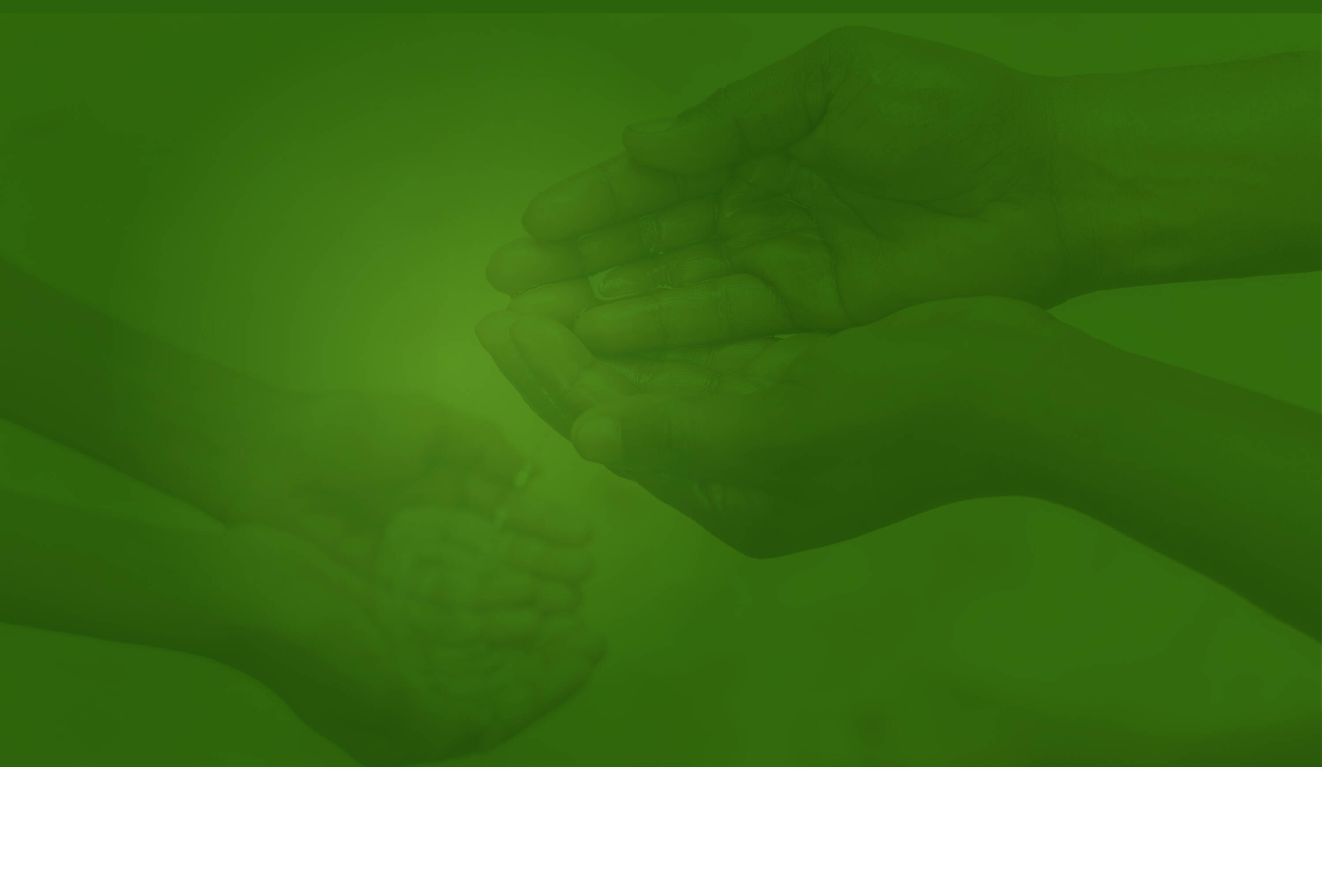
LC Packaging’s ambition and efforts have been mapped against the United Nations 2030 Agenda for Sustainable Development. In our daily operations, we directly contribute to Global Sustainable Development Goals nr 8, 12, 13 and 17. Indirectly, we touch upon 16 out of 17 SDGs.
Global agenda




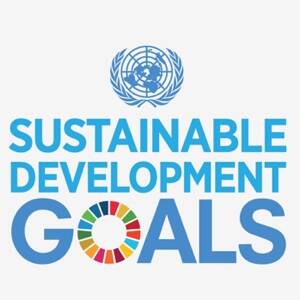

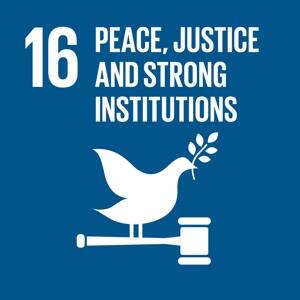
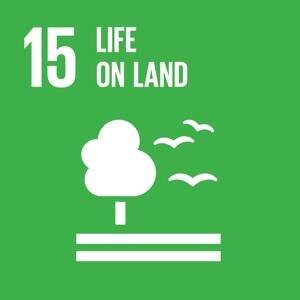
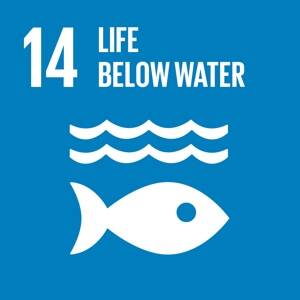
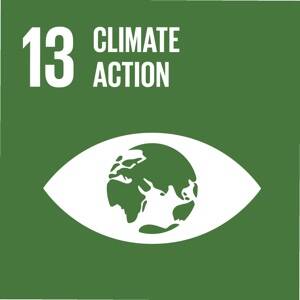
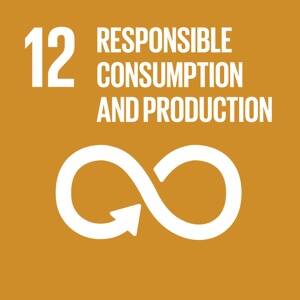
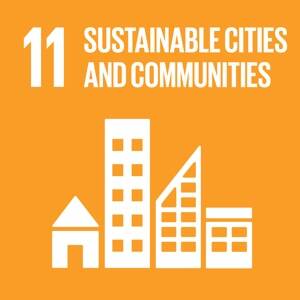
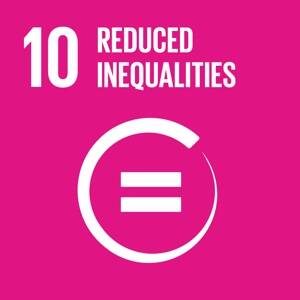
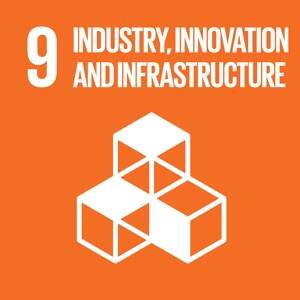
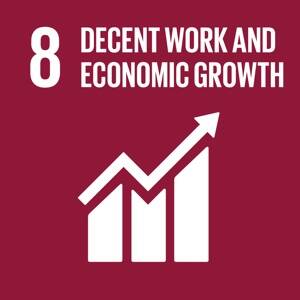
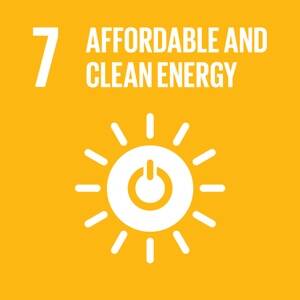
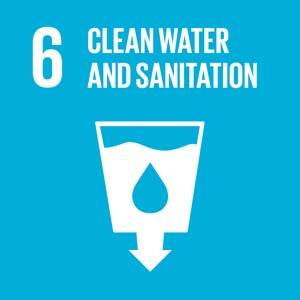
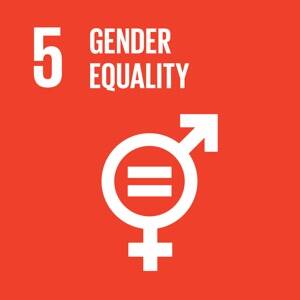
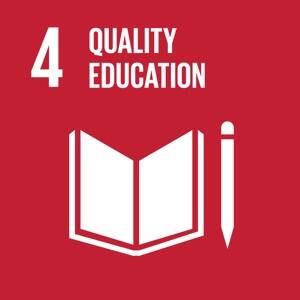
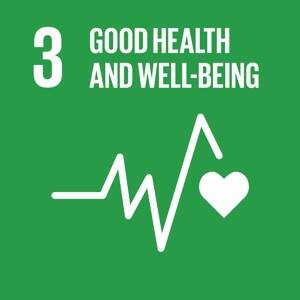
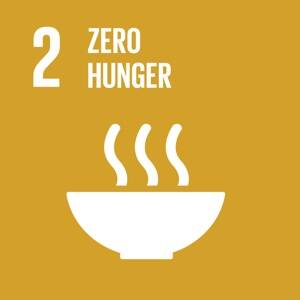
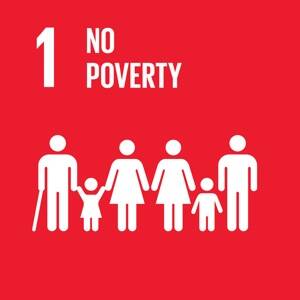


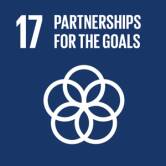
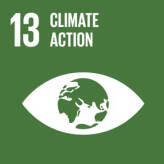
LC Packaging’s most significant impact on the environment, society and economy occurs in our supply chain.




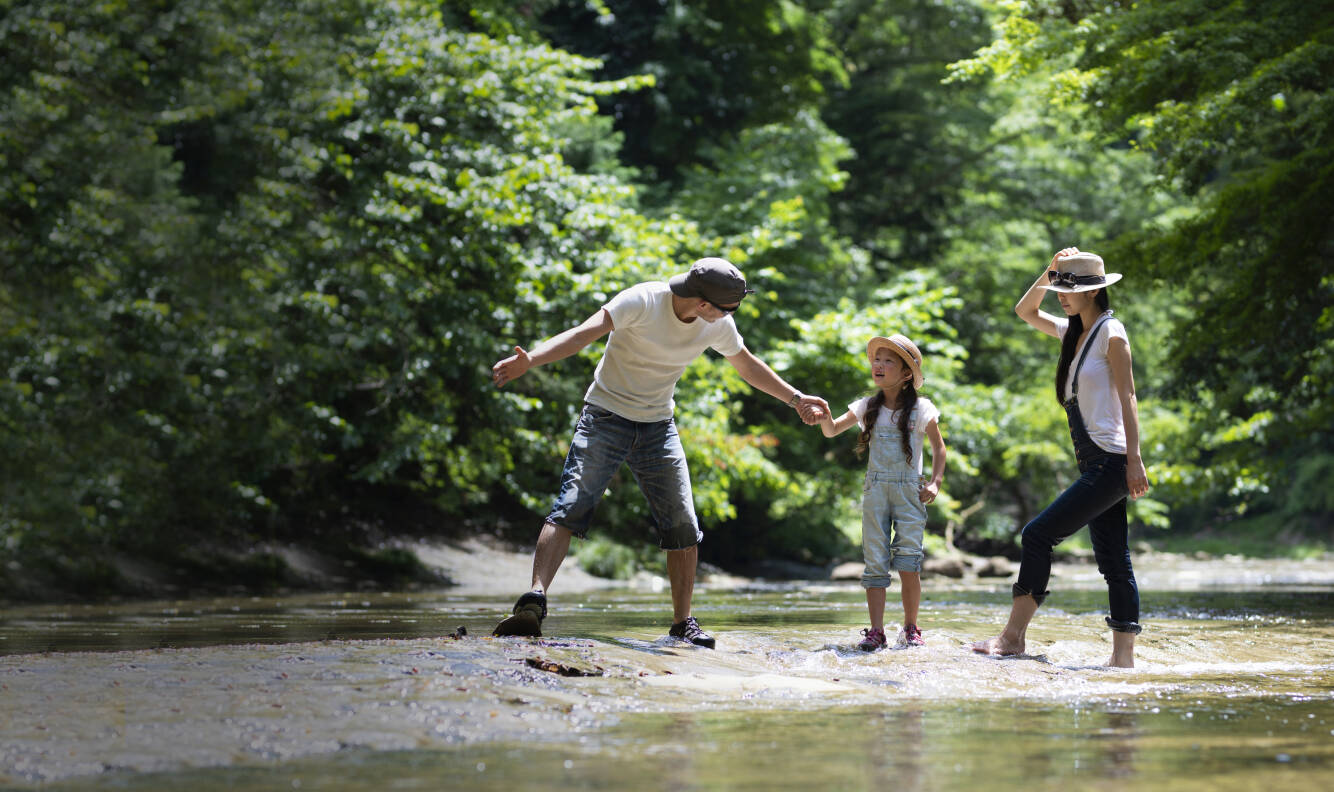
More data in our 2021 Environmental Report
We have far-reaching ambitions in greening our production facilities, especially related to reducing energy consumption and greenhouse gas emissions to reduce the emissions and impact throughout the value chain. By 2030, the emissions related to DBPL must be reduced by at least 50% compared to baseline year 2021 and regardless of the growth of our business. For LCSH we aspire a net-zero status. Also, for the FIBCs (big bags) produced at these facilities we have set the goal to make these bags deliver the circular economy. A new, extensive lifecycle assessment has been conducted, a reuse service is in place and we have sold our first so-called rPP bags, including 30% recycled polypropylene (rPP).
Future ambitions
A selection of the initiatives and actions we have taken to make our production processes more sustainable:
- Since 2017, we annually perform environmental footprint calculations for our FIBC production sites, based on water and electricity use, waste production and CO2 emissions.
- With support from the Dutch Development Bank (FMO) and the German Investment Corporation (DEG), in 2018 we have set-up GreenBangla; an on-site waste recycling initiative, recycling up to 80% of our process waste. This initiative was recognised in the Dutch UN Global Compact SDG Progress Report (page 46).
- Old machinery has been replaced with energy efficient machinery, and energy meters have been installed throughout the site.
- To ensure a more stable energy supply and to reduce CO2 emissions, DBPL has invested in generators that are more environmentally friendly compared to energy coming from the grid. Additionally, the first solar panels have been installed, generating about 15% of its requirement.
- The new DBPL factories built in 2019 and 2021 are made of prefabricated steel to reduce the use of concrete and bricks. The walls are painted with Zero-VOC paints, sensors are implemented to reduce water usage, and insulation materials have been used to reduce the amount of power required to ventilate the facility.
- In 2021, LCSH has moved from its old, non-sustainable building to a brand new building, including food safe LED lightning and natural ventilation via a “whirly bird“ system. All toilets are fed with rainwater that is harvested and stored in 20 water storage tanks. Diesel forklifts have been exchanged for electric forklifts, and the facility is getting prepared to run entirely on renewable energy in the near future.
- To reduce emissions related to the materials used in the FIBCs, we have been actively and successfully experimenting with recycled content material, made out of Post-consumer waste (PCW) and post-industrial waste (PIW);
- As part of LC Packaging International, both DBPL and LCSH have become a signatory of the Science Based Targets Initiative (SBTi) in November 2021 and have committed to the Business Ambition for 1.5C.
Initiatives and actions
Overall many initiatives have been implemented and actions have been taken to green our operations (listed below), and with these initiatives a significant impact has been made. However, most initiatives taken cannot compete with the enormous extension of our production capacity in the past five years. At DBPL we have added two new factory buildings and LCSH has expanded its production lines and has added extra shifts. Additionally, our workforce has increased by 60%. Because of this, compared to 2016, we globally experience an increase in water consumption, energy use, and CO2 emissions. Compared to 2016, we have reduced our global absolute waste production by 72%, which is largely due to our GreenBangla waste recycling initiative at DBPL in Bangladesh. Additionally, by finding alternative energy sources, DBPL has decreased its CO2 emissions per FTE by 7%.
In 2018, we initiated a first-of-its-kind waste recycling project, together with our local Partners in Bangladesh: GREENBangla. Thanks to a state-of-the-art Starlinger Recycling Machine, 20 additional high-quality jobs were created for the purpose of upcycling our process waste. In 2019, we recycled 737 mt of polypropylene, which is 80% of our process waste. GREENBangla is one of the initiatives that has helped us reduce our waste production worldwide by 60% since 2017.
Outcome
Measuring progress
achieved
50%
Sustainable production 2021: 103-1, 103-2, 103-3
To get a better picture of the sustainability of our FIBC manufacturing activities, in 2017 we have conducted our first research to analyse the environmental impact of our inputs and operations in our own production facilities in Bangladesh and in South Africa, as well as the impact of our FIBC products in general. The outcomes of this research have formed the baseline for our improvement activities.
Baseline
Investment in sustainable production is an investment in long-term growth. By improving the efficiency of our production processes and products, we want to contribute to sustainable development and green growth. This goal relates to our FIBC manufacturing sites in Bangladesh – Dutch-Bangla Pack Ltd. (DBPL) – and in South Africa; LC Shankar (LCSH).
Sustainable production
By 2022, we will have undertaken important steps to significantly improve the sustainability of our in-house manufacturing activities.
Target

At LC Packaging we are increasing our environmental and social standards, and expect the same of our key production partners. Looking forward to 2030, we ask our partners to minimise emissions related to the production of our packaging with at least 50%. We are also increasing our wage standards from the legal minimum wage standards to living wage standards in order to eliminate ‘working poverty’ from our supply chain and improve the livelihoods of at least 15,000 families in developing countries. We expect to launch a new Version of our Supplier Code of Conduct by 2022. Read more about our ambitions in our 2030 Ambition magazine.
Future ambitions
A selection of our initiatives and actions to ensure sustainable sourcing in our supply chain:
- In 2019 we have launched a new Supplier Selection and Assessment process, which was set as an example by the United Nations Global Compact and KPMG during their webinar: Human Rights: Preparing Business for What is to Come (2020).
- We have replaced our Supplier Code of Conduct (ScoC) with a more ambitious version in 2019, raising the environmental and social standards.
- To measure supplier performance on Code of Conduct Principles, LC Packaging became member of Sedex in 2019. We have requested all key production partners to sign up and fill out the self-assessment questionnaire. If there is lack of proof of compliance with our SCoC, production partners are expected to perform a SMETA audit.
- LC Packaging employees working on procurement, product management and quality have been educated on integrating our ethical sourcing principles and values into our supplier selection process and buying practices.
- We have launched the online ‘sustainable procurement awareness training course’, which has been successfully completed by 86.3% of our employees.
- Annually, a socio-political and geo-location risk assessment is performed, including 100% of our suppliers’ operations, based on the Amfori-BSCI Countries’ Risk Classification and the WorldRiskReport. Additionally, supplier specific risk scores are calculated based on the risk score provided by the Sedex Supplier Risk Assessment Tool (Radar).
- We conduct yearly on-site audits to verify compliance with our SCoC. During the COVID-19 lockdowns, extensive remote audits have been organised to ensure compliance.
Initiatives and actions






Weight
/100
90
Labor and Human Rights








Weight
/100
80
Sustainable Procurement


Success is measured by two factors: 1) Signed Supplier Code of Conducts, and 2) proof of compliance.
Measuring progress
achieved
100%
Outcome
Baseline
GRI 308: 103-1, 103-2, 103-3
GRI 414: 103-1, 103-2, 103-3
More data in our 2021 Supply Chain Report and 2021 Business Ethics Report
As of 1 January 2017, 25 of our 71 production partners had signed our 2015 Supplier Code of Conduct.
Already since 2019, 100% of LC Packaging’s key production partners have signed and comply with the LC Packaging Supplier Code of Conduct (updated in 2019). During our latest EcoVadis Assessment (platinum CSR rating), we have scored an 8 out of 10 on the sustainable procurement topic, which is a score far beyond the industry average. In 2021, 0% of our production partners was identified as having a negative social or environmental impact.
As an international company we feel we must take responsibility for our production partners’ environmental, social, and ethical practices. To understand and manage the risks in the supply chain, we make sustainable sourcing an integral part of our procurement and supply chain management processes.
Sustainable sourcing
By 2022, 100% of our key production partners will have signed our Supplier Code of Conduct and will act accordingly.
Target

Read more in the LC Supports Foundation Income and Expenses 2020.
In the upcoming years, the forementioned partnerships will be intensified. Central topics of these partnerships will be working conditions and living wage, circular packaging and packaging solutions, and emission reduction throughout the value chain. Where needed, new partnerships are welcomed to help bring us closer to achieving our three ambitious goals before 2030. Read more about our ambitions in our 2030 Ambition magazine.
Future ambitions
A selection of successful sustainable partnerships that have developed in the recent years:
- We have managed to ‘green’ our FIBC production facilities and have achieved a significant waste reduction in partnership with the FMO and the DEG.
- We have teamed up with Veolia to minimise waste related to flexible packaging.
- Together with Starlinger & Co. GmbH we closed the loop on FIBCs by turning big bags into big bags once more for the first time. We also work together with Healix on producing high-quality rPP made from Post Consumer Recycling (PCR) materials.
- We have joined forces with colleagues in the industry in a working group organised by EFIBCA and EuroJute, to launch an Industry Design for Recycling (DfR) Standard for FIBCs. The DfR standard is expected to be taken into use in Q3 of 2022.
- Together with EcoVadis and Social Accountability International (SAI) we have created awareness amongst our customers and other stakeholders about the added value of circular packaging and decent working conditions, during e.g. our FIBC Virtual Event in 2020.
- Together with the Netherlands Institute for Sustainable Packaging (KIDV) we have performed a deep-dive sustainability analysis of our packaging portfolio and determined next steps towards delivering a circular economy.
- We have partnered with many customers to establish sustainable packaging solutions. For example, sustainable waste management using rPP big bags with Bord na Móna Recycling, and an on-site reuse project with Nestlé Portugal for which we have won the Nestlé Sustainability Award for Suppliers 2021. Together with our customer M.B. Nieuwenhuijse we have introduced plastic neutral bags.
- Together with fellow shippers in the BICEPS Network, we are committed to drive the sustainable change in the shipping sector.
- To contribute to community development we have established wonderful projects via the LC Supports Foundation, such as ‘Waste Pickers of Dhaka’ project, in partnership with Grambangla and the Siyazenzela programme that we organised together with Wilderness Foundation Africa. These projects aim to empower young vulnerable people from Bangladeshi and South African communities. We have joined the Prevent Waste Alliance and the Plastic Pact NL to contribute to minimising waste and maximising the reuse of resources on a global scale and became a signatory of the Science Based Targets initiative (SBTi) and the WEPs; Women’s Empowerment Principles.
Initiatives and actions
In the past 5 years we have seen many valuable partnerships emerge with all kinds of stakeholders, positively impacting a variety of goals. We have also seen existing partnerships strengthen, especially those with our production partners. During the COVID-19 pandemic, and in times of material scarcity, rising energy costs and unprecedented sea freight costs, we have been able to build on each other and get through these times healthy and sound, showing that sustainable and durable business is a supply chain effort.
Baseline
Success is measured by sustainable partnership cases between 2017-2022 that have successfully contributed to our goals, and with that the global goals.
Measuring progress
Since its beginnings, LC Packaging has maintained sustainable partnerships with a large number of stakeholders. However, consciously cooperating to actively contribute to the global goals, was a new but consistent topic on the agenda.
Baseline
achieved
100%
GRI 102-12
Sustainable partnerships 2021: 103-1, 103-2, 103-3
Sustainable partnerships are the key to our success. Since the establishment of the company in 1923 we have built long-term relationships with our stakeholders, ensuring stability and profitability. Transparency and trust are key, as we are an important part of each other’s growth strategy and have direct influence on each other’s well-being.

Target
By 2022, we will have increased and strengthened our sustainable partnerships with our stakeholders and together, contributed significantly to achieving the goals.
Sustainable partnerships




